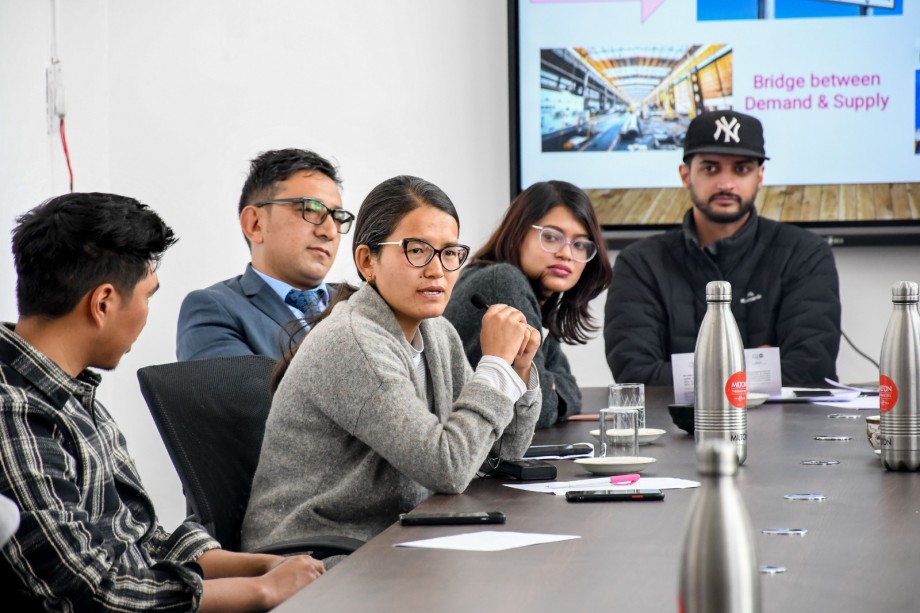Workshop on Apprenticeship Training program held at EJM college

The Department of Technical Education & Skill Development, UT Ladakh conducted a one-day workshop on Apprenticeship training program for the pass-out students of EJM College Leh on June 13.
The workshop began with Zhara Begum, Lecturer, Technical Education & Skill Development Department, setting the context of the workshop, viz the importance and benefit of apprenticeship training programs and the UT Administration’s ongoing endeavor to encourage the youth of Ladakh to get on-the-job training in fields of their choice to build a skilled and competent workforce.
She also briefed the workshop attendees about the apprenticeship opportunity created by different hotels and govt. departments in Ladakh.
Dr. Tsewang Thinlas, Executive Engineer, PMGSY, Leh spoke of the various apprenticeship opportunities in Government Departments such as Project Management, Project Coordinator, Work Supervisor, etc, and stressed that such opportunities will prove vital in learning new skills, understanding the functioning of an organizational setup, etc.
Er Urgain Nurboo, Assistant Executive Engineer, PHE, Leh said that PHE, Leh will soon announce their apprenticeship programs for interested students.
Department of District Industry Center, Kunzes Dolma highlighted the various schemes of the Department under the Prime Minister Employment Generation Programme (PMEGP), while Beronica Barua from Industries and Commerce highlighted the food processing schemes under the PMEGP.
Regarding opportunities in the Hospitality sector, managers from reputed hotels from Leh emphasised the importance of self-assessment and self-awareness for growth in the Hotel Industry.
In conclusion, Zhara Begum urged the Government Departments and private sectors to create opportunities and facilitate skill training for the apprentices while stressing that the establishments must supervise the apprentices during the training.
The Apprenticeship Act 1961 makes it mandatory for all establishments and industries with a workforce (regular or contract) of 30 or more staff to engage apprentices numbering 2.5%-15% of the total workforce.





